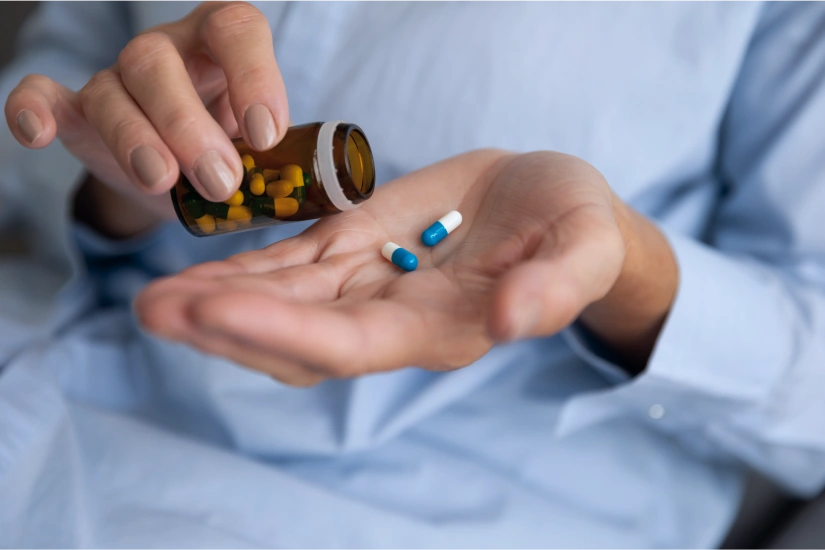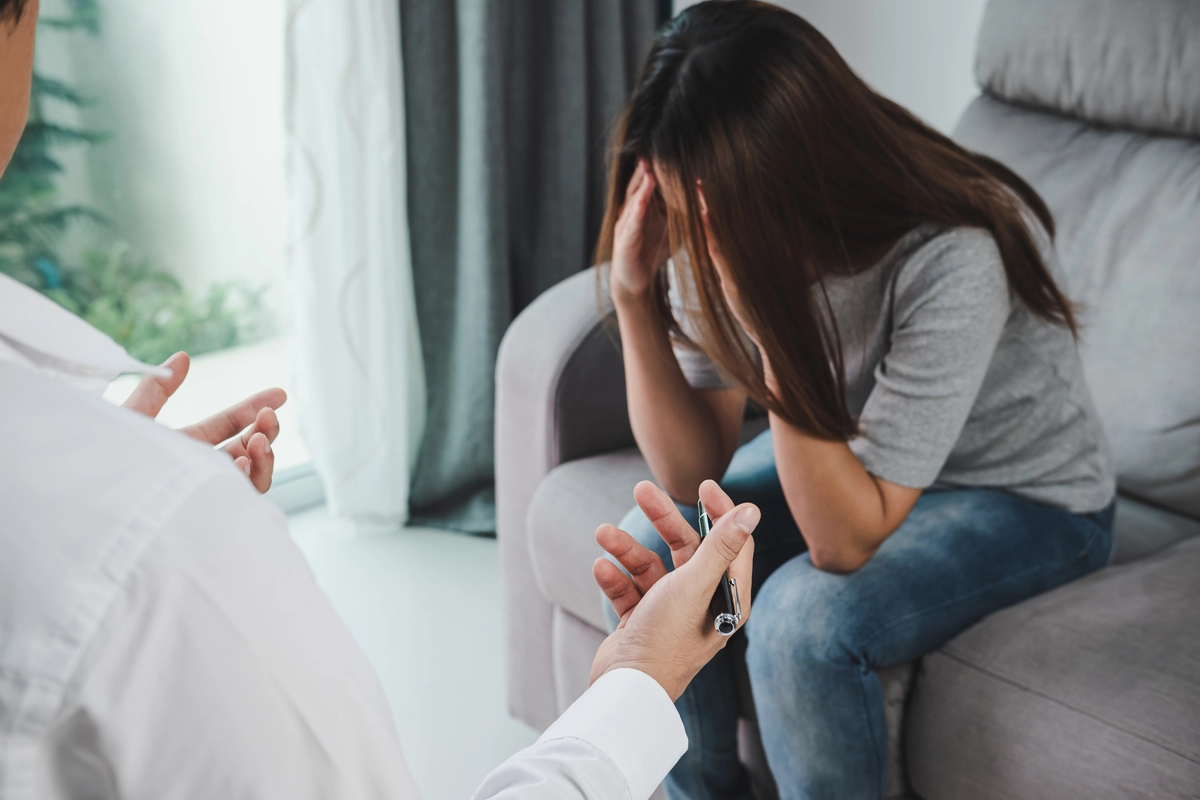24/7 Helpline:
(866) 899-221924/7 Helpline:
(866) 899-2219
Learn more about PTSD Treatment centers in Plantersville

Other Insurance Options

Meritain

WellCare Health Plans

Health Partners

CareFirst

Ceridian

Anthem

Excellus

Premera

BlueShield

Ambetter

United Health Care

EmblemHealth

Holman Group

Amerigroup

Access to Recovery (ATR) Voucher

Evernorth

Group Health Incorporated

WellPoint

Absolute Total Care

Horizon Healthcare Service






















